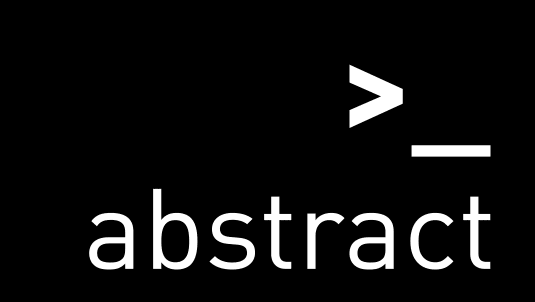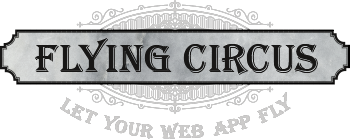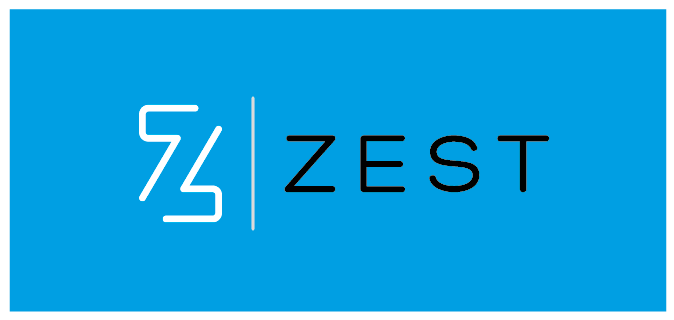Semantic in Plone: putting meaning in Communities of Practice
The internet is evolving to a broader contextual and meaningful open space. Social collaboration is becoming more widespread and available in an increasingly simple and friendly way. In the field of educational technologies is more and more important such social and collaborative aspect. Our team has been working on learning environments based on social and collaborative learning strategies using constructivist methodologies. In order to build an open space digital habitat to people learn together, we propose a platform of communities of practice. This platform offers a flexible community workspace, that allows groups of people to interact and collaborate effectively within their own area of work, exchanging knowledge and working practices.
The CoPPLA (Communities of Practice Platform) is a Plone product that provides a generic platform for building virtual communities of practice. It consists of a set of communication and collaboration tools integrated into a common environment for sharing knowledge, providing features for managing communities from their creation to the maintenance of the content and participants. It delivers a configurable collaborative toolkit that involves the manipulation of collections of all types of documents (texts, videos, images, web pages, links), event scheduling and agenda, discussion forums, collaborative spaces for exchanging experiences (Portfolio), collaborative spaces for learning experiences (Task Space), communication tools (chat, mail notifications) and activity reports.
One of the goals of the Semantic Web works stands for a better reusability and interoperability of the Web systems and the standardization of knowledge. Nevertheless, there is a strong limitation in the Semantic Web specific Educational applications and in the community-authored content of current Web. In our field of knowledge and application context, we need to deal with some cross-link content from multiple heterogeneous websites in order to recommend suggest related content and offer richer content relationships, using for instance inference. We need more contextual content representation through semantic pattern markups such as FOAF, Dublin Core, SKOS, RDF, among others. To address this points in our platform, we are proposing an upper ontology for Communities of Practice in an open semantic data management platform.
In order to cover with some of these points, we intend to develop a semantic representation for our Plone product, based on an ontological model, the CoP Framework. This model needs to represent the broader concepts and relationships from our platform, such as Community, member, practice, profile, domain, among others.
The first step in the construction of a semantic representation of our product was the development of a prototype to semantically represent one of its components: the Collaboration Registers. A Collaboration Register is a set of properties that relate participants, communities and content. They provide a history of the collaborations and interactions that happened across the platform. For instance, which objects were created by who, who’s participating in a given community, who’s commenting in a post associated with a determined domain, etc.
The architecture proposed in this prototype relies on semantic technologies. The Collaboration Registers are structured in RDF (Resource Description Framework), being semantically represented as subject-predicate-object relationships. These registers are persisted in a triplestore, a semantic compliant storage, and can be accessed and retrieved through SPARQL queries. The interface between the Plone portal and the triplestore is made using simple Python HTTP requests. These requests are sent and managed by events, through the Plone subscribers system.
Our future goal is to represent the entire ontological framework in a semantic way. The proposed architecture is a starting point for a much larger representation. The next steps will be towards our platform interoperability with other semantic systems, always looking at the new features of Plone and semantic technologies.

























